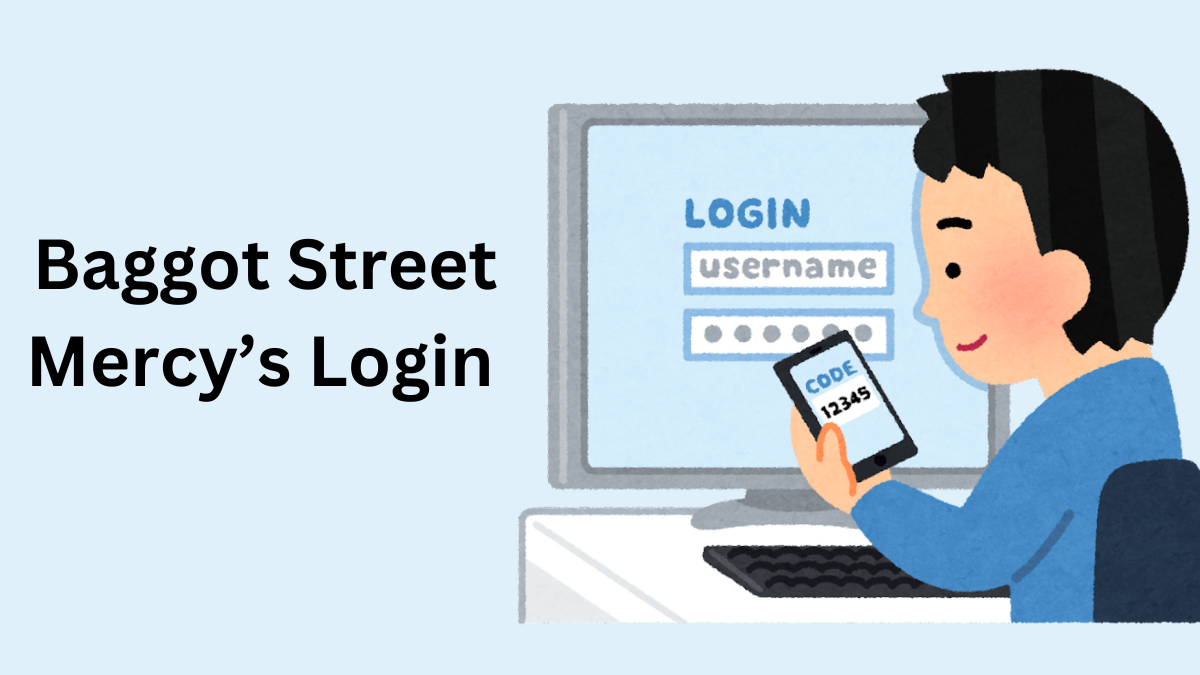Social media has become a vital part of our everyday life; however, like anything, if a person uses it in excess, it can lead to addiction. Yes, you read it right; it is a syndrome that is known by the name of social media addiction among professionals. In it, a person is overly concerned about social media and is driven by an uncontrollable desire to use social media.
In the article, we will tell you all about this addiction from its effects on brains, health, downsides, and more. We will also talk about the diagnosis and how you can decrease the use of social media. You will also find answers to questions like, What is social media Addiction? How social media addiction affects the brain? And more.
We have also listed a brief of symptoms and helplines in the article, which will help you to identify and diagnose social media addiction.
What Is Social Media Addiction?
Checking and going through social media platforms have become a regular affair in our day to day life. In most people, social media use is normal and doesn’t pose any problem to their mental and overall health. However, in some cases, social media can be addictive to some people and lead to social media addiction syndrome in them.
Psychologists in the USA estimate 5 to 10% of people in the country to be suffering from this syndrome. According to professionals, social media addiction is a type of behavioral addiction in which a person is overly concerned about their social media. It drives them to an uncontrollable desire to use and log on to their social media. They devote so much time to their social media that it affects their other aspects of life.
What Are Symptoms Of Social Media Use?
When it comes to the symptoms of social media addiction, then they are not much different from any other addiction. In it also a person like a drug addiction faces symptoms like mood swings, salience, tolerance, withdrawal symptoms, and relapse.
When a person who is suffering from social media addiction is restricted from using it, they can face symptoms like unpleasant emotional and physical symptoms, interpersonal problems, and more. Symptoms like preoccupation on behavioral and emotional levels for social media have also been seen in some cases. source
Why Is Social Media So Addicting?
Social media may seem normal and relacing to you at first; however, it has notable impacts on the brain and overall health. The relaxation that you feel while using social media is because, when you use the social media dopamine signal in your brain is elevated. This, in turn, leads the body to feel relaxed as these neurotransmitters are associated with pleasure and thus can lead to social media addiction.
When this hormone is released, your body identifies this, and your brain considers it as a rewarding activity and urges you to repeat it. This reaction of repetition from the brain and the body is more intensive when you create a post and receive positive feedback. This positive feedback acts as a booster for the brain, along with the relaxing effects of dopamine release.
This leads the brain to urge you to repeat the activity again and again, like any other addiction. The recognition of social media use as a rewarding activity by the brain leads to social media addiction in a person. This positive reinforcement reaction from the brain is the same as it is seen in other addictions.
Thus in social media addiction also when the good feeling of dopamine dwindles, you go back to the source that is social media in this case.
In some cases, social media can also act as a distraction from other things like loneliness or illness. Your brain in such situations tells you that social media is something that will help you reduce loneliness. This reaction from the brain becomes addictive with time and thus leads to social media addiction.
What Are Social Media Addiction Downsides?
Using social media doesn’t have side effects, but overusing it may lead to harmful effects on the mental and overall health of a person.
Some of the most common and possible downsides of social media addiction include:
- Social media can lead to low self-esteem in a person as it may create a false perception that other people’s life is better than yours.
- Social media addiction can also lead a person into loneliness, and even isolation as low self-esteem may make them feel inferior. This is because creating a false perception of others being better than oneself leads them to distance from others.
- Isolation, low self-esteem, and loneliness can lead to depression and anxiety in a person. The person might perceive them to be weak and inferior and thus leading them to depression while anxiety in social life.
- In this way, the depression, anxiety from social life, isolation, and low self-esteem leads the person to develop a social anxiety disorder.
- FOMO or a fear of missing out is also a common problem that can lead to more usage of social media.
- Social media addiction can also lead to sleep disruptions if you use it before bed and even lead to depression in teens.
- Overuse of social media means a decline in physical activity, thus affecting the overall health.
- It also leads to a decline in the work performance of a person and, thus, poor grades.
- One more issue is that the overuse of social media leads to a decline in the ability of a person to empathize with people around them.
How To Identify If A Person Has Social Media Addiction?
If you feel like you are addicted to social media, then a professional can help. But there are some differences between the addiction and a habit that a person may enjoy. These differences are:
- If you see poor performance in academics or office due to the overuse of social media.
- Increase in the use of social media while indulging in other activities like eating or hanging out with family.
- If you feel social media is the only thing that helps you to cope with various life problems, then it can be social media addiction.
- When not using social media, if you feel restless or an uncontrollable urge to use it.
- If you feel angered whenever social media use is reduced.
- Turning to social media is the first thing whenever you get the opportunity.
How Can A Person Decrease Use Of Social Media?
Like any other disorder, you can decrease your social media usage in many ways. There are even helplines for social media addictions, which you can go for help.
Some tips to help you achieve low social media usage :
- One of the best things you can do is delete the social media apps from your mobile. In this way, you can access your social media accounts from your computer, but this will decrease your usage time.
- Turn off the notifications or your phone while doing other activities in the office or when going for recreational activities. You can also set your phone settings in a way to help you in this way.
- Set a time for social media. In this way, you will have a certain usage time for social media. Thus helping you in social media addiction by making you accountable.
- When going to sleep, keep your devices like phone, and laptop out of the bedroom. It will help you get proper sleep and improvement in health.
- Take up a new hobby which doesn’t include technology in it. You can go for activities like art, cooking, sports and more.
- Whenever you can, make sure to hang out with friends and family in person. In this way, you can decrease your social media addiction as well as improve your isolation and loneliness.
Takeaways
We agree that social media is omnipresent these days; however, that doesn’t mean you develop a social media addiction automatically.
You can decrease social media usage and the reliance on it by setting some limitations for you and your children. In this way, by setting the limits, you can prevent yourself and your children from overuse and social media addiction.
In the article, you will find everything varying from reasons to ways to get you out of social media addiction. Thus, this article will be your own personal guide for social media addiction and its diagnosis. We have also explained why social media is so addictive in the article.
What are your thoughts on the use of social media? Is it a problem or not, according to you? What can be done to improve this problem of social media addiction? Should governments or social media platforms take any steps for it?
Please do let us know your thoughts in the comment box.









